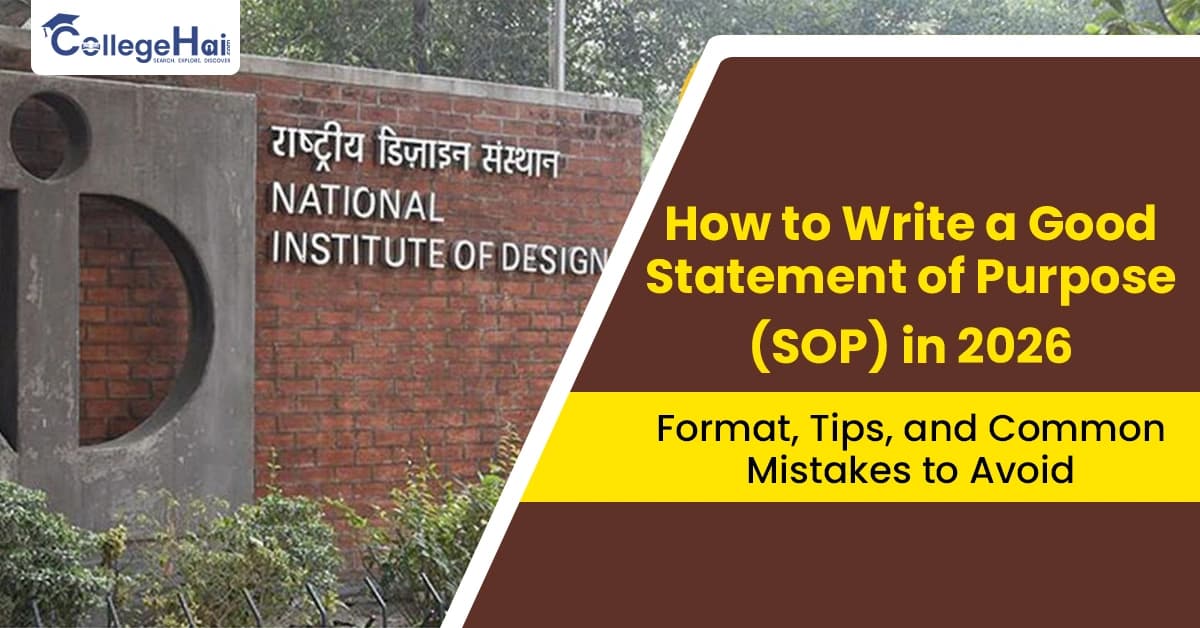Understanding Assessment and Evaluation
Have you ever thought about how assessment and evaluation are different? Schools use these words a lot, but they don't mean the same thing. This article will tell you in very easy words what they are and why they are important.
📚What is Evaluation and Assessment?
Assessment is checking how a person learns. It shows what they know and can do. It's like finding clues about how they are doing.
Evaluation means deciding if something is good after checking it. It helps see if a student's work or school program needs to get better. It often gives a grade or final mark. Assessment collects facts, but evaluation uses these facts to judge how well something is working. It shows the value of something and if changes are needed to make it better.
🔍Difference Between Assessment and Evaluation
While related, assessment and evaluation are distinct processes. Here's a table to illustrate the key differences:
Let's say you're baking a cake. Assessment would be like tasting the batter to see if it needs more sugar or spice. Evaluation would be like judging the finished cake on its taste, texture, and appearance to decide if it's a good cake.
🔄Interrelationship Between Assessment and Evaluation
Assessment and evaluation are different but work as a team. Assessment collects facts, and evaluation uses these facts to make choices.
Think of it like this: Assessment asks, "How are we doing now?" Evaluation asks, "How did we do overall?"
Assessment helps students and teachers learn better. Evaluation checks if a student, teacher, or program is doing well.
Both help us see progress and make things better. They help with learning, teaching, and making good choices.
🎓Why are Assessment and Evaluation Important?
Assessment and evaluation are very important, especially in schools and colleges.
For Students: They show how well students are learning, help find mistakes, and encourage improvement.
For Teachers: They help teachers plan better lessons, understand student needs, and check if teaching is working.
For Schools/Colleges: They provide information to make programs better, ensure good education, and show learning progress.
In simple words, assessment and evaluation help us understand where we are, what needs to get better, and how to improve learning and teaching in the best way possible.
📊Examples of Assessment and Evaluation
Here are some easy examples of assessment and evaluation in different places:
In the Classroom:
Assessment: A teacher gives a small quiz to see if students understand the lesson.
Evaluation: The teacher looks at all quizzes, tests, and projects to give a final grade.
In the Workplace:
Assessment: A manager watches an employee work and advises to help them improve.
Evaluation: The manager checks the employee’s work over the year and gives a final review.
In Healthcare:
Assessment: A doctor checks a patient’s body signs and asks about their health problems.
Evaluation: The doctor decides what sickness the patient has and gives a treatment plan.
These examples show that assessment is about checking progress, while evaluation is about making final decisions. Both are important in school, work, and health to help people learn, improve, and succeed.
🧑🏫Measurement, Evaluation, and Assessment in Education
In schools, you might hear the word “measurement” when talking about tests and learning. Measurement means giving scores or numbers to show how much a student has learned. For example, tests, quizzes, or assignments are used to measure learning.
Measurement is usually the first step. It gives the basic information, like test marks or grades. These scores help teachers see how much a student knows or understands. After that, assessment takes this information and looks more deeply at a student’s progress—what they are doing well and where they need help.
Then comes evaluation. Evaluation looks at the results of the assessment to decide how well a student is learning or how good a teaching method or school program is. It helps in making decisions about what to improve and what is working well.
So, in education, measurement, assessment, and evaluation are all connected. Measurement gives the scores, assessment looks at learning based on those scores, and evaluation uses everything to make final decisions. All three steps help teachers understand how students are doing and how to make learning better for everyone.
💬The Role of Feedback
Feedback is a very important part of assessment. Good feedback is clear, quick, and useful. It should not just give a grade or score but also explain what the student did well and what needs to get better. This helps students learn, improve, and reach their goals.
Without feedback, assessment is like driving a car without a speedometer or GPS. You may be moving, but you don’t know how fast or if you are going the right way. Feedback gives important information to help students fix mistakes, improve learning, and stay on the right path. It helps them understand their progress and do better in the future.
📝Different Types of Assessment
There are different types of assessments to check student learning. Some common ones are:
Formative Assessment – This happens during learning to see how students are doing and help them improve. Examples are quizzes, class talks, and quick questions at the end of a lesson.
Summative Assessment – This happens after a lesson or course to check what students have learned. Examples include final exams, big projects, and important tests.
Diagnostic Assessment – This happens before a lesson or course to find out what students are good at and what they need help with. This helps teachers plan better lessons.
Performance Assessment – This asks students to show their learning by doing a task. Examples include presentations, performances, and projects.
Each type of assessment helps teachers and students understand progress and improve learning.
🌱How Assessment and Evaluation Contribute to Personal Growth and Development
Assessment and evaluation are not only used in school or at work—they are also important in everyday life. They help us understand ourselves better and grow as people. When we take time to look at our strengths and weaknesses, we learn what we are good at and what we need to work on. This helps us feel more confident and keeps us motivated to do better.
Thinking about our past actions and decisions helps us learn from our mistakes. This is a big part of growing and becoming a better person. Mistakes are normal, but learning from them is what really matters.
It is also very helpful to listen to feedback from others. When someone gives us advice or points out something we can improve, it’s a chance to learn. If we accept feedback with an open mind and use it to improve, we become stronger and better at facing new challenges.
Assessment and evaluation are not only about getting good marks or scores. They are tools that help us learn more about ourselves, grow in the right direction, and work toward being the best version of who we can be.
✅Conclusion
Assessment and evaluation help people learn and do better.
Assessment means checking how you are doing while you are still learning. It happens often and gives helpful advice so you can improve and grow.
Evaluation means looking at your work at the end to decide how well you did. It shows your final results.
Both are important and work together. They help you understand what you are doing well and what you need to get better at.
These tools are not just about marks or grades. They help people improve in school, at work, and in everyday life.
By using assessment and evaluation, we can learn more, fix our mistakes, and become better at what we do.
❓Frequently Asked Questions
1. What's the difference between assessment and evaluation?
Assessment gathers information about learning progress, while evaluation judges the worth or value based on that information.
2. What is the main purpose of assessment and evaluation?
The primary purpose is to improve learning, inform decision-making, and promote accountability.
3. What are examples of assessment and evaluation?
Assessment examples include quizzes and observations; evaluation examples include final exams and performance reviews.
4. What do you mean by assessment?
Assessment is the process of gathering information about what someone knows, understands, and can do.
5. How do assessment and evaluation contribute to personal growth and development?
They help you see what you know, find what to fix, and make you think about how you learn.
6. What is the importance of using a variety of assessment methods?
Using different methods ensures a complete understanding of skills.
7. How can educators make assessment and evaluation more equitable for all students?
Educators can make assessment and evaluation more fair by considering cultural backgrounds.



